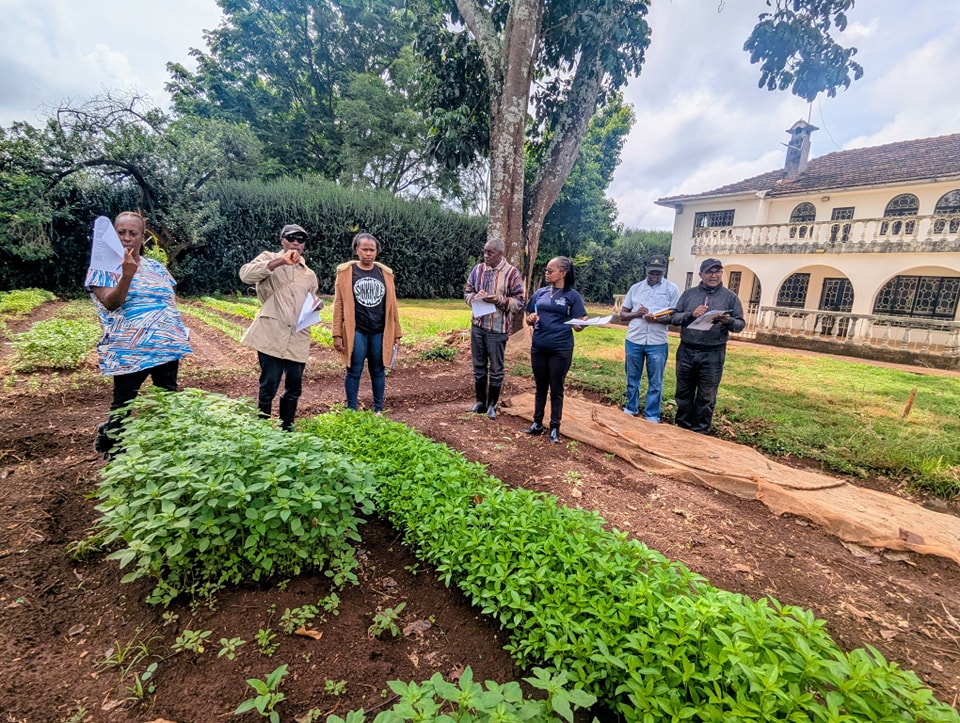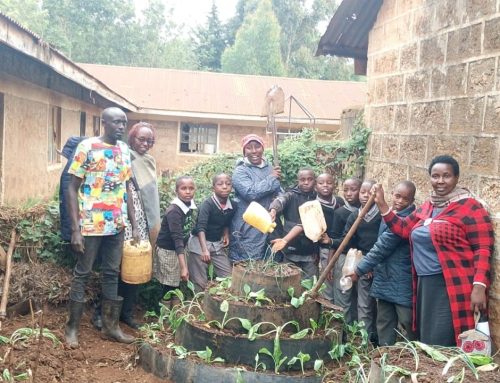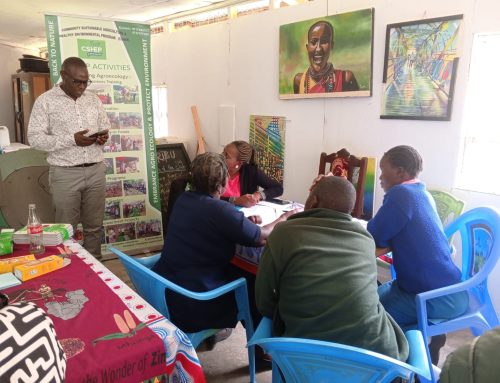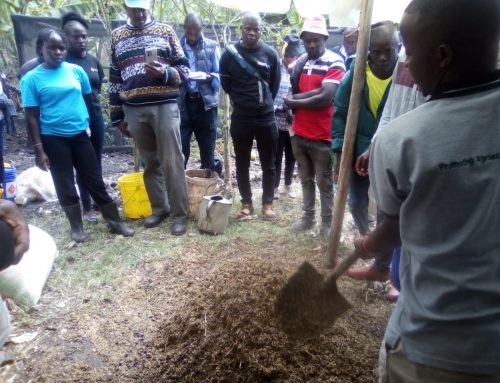Participatory Guarantee System (PGS) is a central process where farmers and other stakeholders (such as consumers, local NGOs, or technicians) collectively evaluate each other’s farming practices to ensure they meet agreed agroecological or organic standards.
What Peer Review Involves in PGS:
1. Mutual Farm Visits: Farmers visit each other’s farms, often in groups, to observe and discuss farming methods, sustainability, and compliance with organic principles.
2. Knowledge Sharing: These reviews are not just inspections but are also meant to promote learning and improvement. Farmers share tips, give feedback, and suggest improvements.
3. Checklist and Documentation: Reviewers often use a standard checklist based on the PGS guidelines or standards and write a report or fill out a form to document their observations.
4. Transparency and Trust: Since peers usually know each other and live in the same community, the system relies on transparency, trust, and accountability rather than external auditing.
5. Collective Decision-Making: Final decisions about certification (or non-compliance) are made collectively by the PGS group, using the peer review reports.
Why Peer Review Matters in PGS:
Cost-effective: It avoids the high cost of third-party certification.
Empowering: It gives farmers a role in maintaining and upholding standards.
Community-based: Builds solidarity and shared responsibility among local farmers.
Educational: Encourages ongoing learning and sustainable farming practices.
For the last 3 weeks CSHEP has been busy supporting the farmers to go through a successful peer review.
It was amazing to see how farmers are committed, aggressive, and even creative in their agroecological practices. For sure we have a great increase of farmer researchers.









Leave A Comment